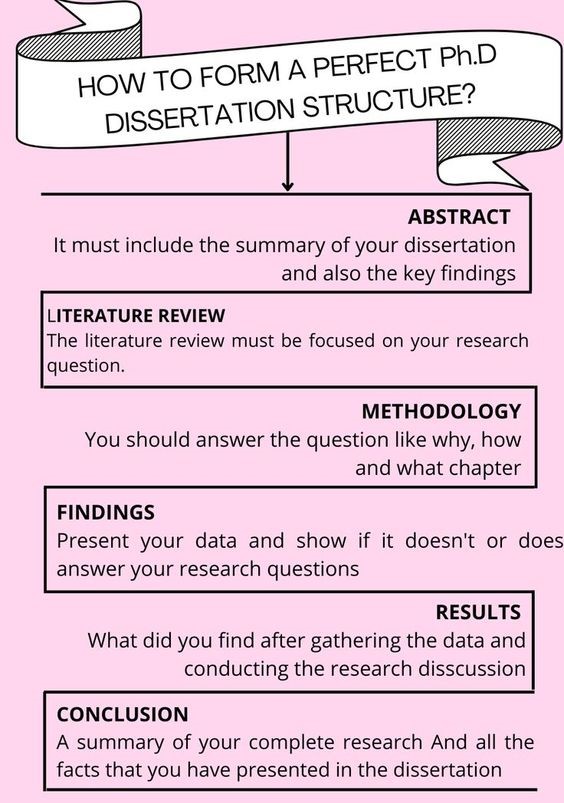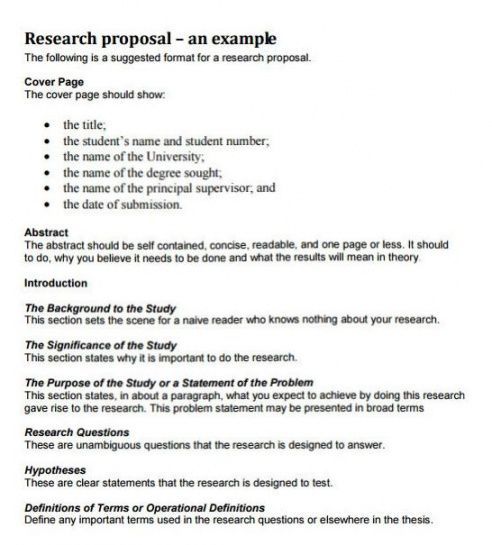The journey towards a doctorate in nursing is a rigorous and rewarding endeavor. Doctoral nursing dissertation writing, the culmination of this journey, presents a unique set of challenges. It requires not only a deep understanding of the field but also a mastery of research methodologies, critical thinking, and effective communication.
This guide aims to equip aspiring doctoral nurses with the knowledge and strategies needed to navigate the complexities of doctoral nursing dissertation writing.
What is a Doctoral Nursing Dissertation?
A Doctoral nursing dissertation is the culmination of a doctoral nursing student’s research journey. It’s a substantial piece of original research that contributes new knowledge to the field of nursing and its related disciplines.
Here’s a breakdown of what makes it unique:
- Originality: A doctoral dissertation must present original research findings. It’s not simply a review of existing literature; it must contribute something novel to the understanding of nursing theory, practice, or policy.
- Rigorous Methodology: The research methodology employed must be scientifically sound and appropriate to the research question. This involves using validated data collection methods and employing rigorous analysis techniques.
- Scholarly Depth: A Doctoral Nursing Dissertation requires a deep understanding of the relevant nursing theory and practice. It needs to demonstrate a comprehensive grasp of the literature, including both historical and contemporary perspectives on the topic.
- Significant Contribution: The findings of the dissertation must be significant enough to have an impact on nursing practice, education, or research. They should have the potential to improve patient care, advance nursing knowledge, or inform policy decisions.
- Extensive Writing: The dissertation is a lengthy and complex document. It typically involves a detailed literature review, a clear description of the research methodology, a presentation of the findings, and an in-depth discussion of their implications.
- Public Defense: After completion, the dissertation is defended publicly before a panel of experts. This defense involves presenting the research, answering questions from the panel, and demonstrating a thorough understanding of the work.
Why is it Important?
- Advancement of Nursing Knowledge: Doctoral Nursing Dissertations contribute to the growing body of knowledge in the field.
- Improvement of Nursing Practice: Findings from these dissertations can lead to improved patient care, more efficient nursing interventions, and better health outcomes.
- Professional Advancement: Completing a dissertation is a significant achievement that demonstrates a high level of expertise and scholarship. It opens doors to advanced positions in research, teaching, and leadership.

Doctoral Nursing Dissertation Topics
Doctoral Nursing Dissertations can explore a wide range of topics, including:
- Patient Outcomes: The impact of nursing interventions on patient outcomes, such as recovery rates, satisfaction, and quality of life.
- Healthcare Policy: The effectiveness of healthcare policies on nursing practice and patient care.
- Nursing Education: Strategies for improving nursing education and preparing future nurses for the workforce.
- Technology in Nursing: The use of technology in nursing practice and its impact on patient care.
- Ethical Issues in Nursing: Ethical dilemmas faced by nurses and their implications for practice.
Reviewing top-rated academic writing platforms like academiascholars can help to paint a better picture of how an ideal Doctoral nursing dissertation should look like.
Overall, a Doctoral nursing dissertation is a major undertaking that requires dedication, persistence, and a strong commitment to the advancement of the nursing profession. It represents the highest level of scholarship in nursing and serves as a testament to the individual’s contributions to the field.
Step-By-Step Guide for Doctoral Nursing Dissertation Writing
1. Defining Your Research Focus: A Clear Path Through the Labyrinth
Doctoral nursing dissertation writing begins with the identification of a research question. This question should be specific, focused, and relevant to current nursing scholarship. Choosing a research topic that aligns with your personal interests and professional goals is crucial for maintaining motivation throughout the writing process.
2. Crafting a Compelling Research Proposal: The Blueprint for Your Journey
The research proposal serves as the blueprint for your Doctoral nursing dissertation writing journey. This document lays the foundation for your research by outlining:
- The Problem Statement: This section clearly defines the research problem, its significance, and the gap in knowledge it aims to address.
- Literature Review: A comprehensive overview of existing research on the topic, highlighting key findings, inconsistencies, and areas that require further exploration.
- Theoretical Framework: The theoretical lens through which you will analyze your findings, providing a framework for understanding the research problem and interpreting results.
- Research Design: The methodology employed to collect and analyze data, including the study design, sampling strategy, data collection instruments, and data analysis techniques.
- Ethics Considerations: Addressing ethical considerations related to participant recruitment, data collection, and data analysis.

3. Embarking on the Research Journey: Data Collection and Analysis
Once your proposal is approved, you can begin the data collection phase. The process involves collecting data through various methods such as surveys, interviews, focus groups, or clinical observations. It is crucial to maintain ethical principles throughout the data collection process and to ensure the data collected is reliable and valid.
Data analysis follows data collection, involving the examination of the collected data to identify patterns, relationships, and insights. The specific analysis techniques employed will depend on your research design and data type.
4. Constructing the Dissertation: A Narrative of Your Findings
Doctoral nursing dissertation writing culminates in the creation of a dissertation manuscript, a comprehensive document presenting your research findings and their implications. The structure of a dissertation typically follows this pattern:
- Introduction: Provides an overview of the research problem, its significance, and the research question.
- Literature Review: A thorough review of existing literature, contextualizing your research within the broader field.
- Methodology: Details the research design, data collection methods, and data analysis techniques employed.
- Findings: Presents the results of your data analysis, including tables, figures, and statistical summaries.
- Discussion: Interprets the findings in relation to the existing literature and theoretical framework, highlighting the significance of your research and its implications for practice.
- Conclusion: Summarizes the key findings, reiterates the significance of your research, and outlines potential areas for future research.
5. Writing Style and Structure: Clarity and Coherence
The dissertation is a significant piece of academic writing, demanding clarity, coherence, and conciseness.
- Academic Style: Maintain a formal and objective tone, avoiding jargon and colloquialisms. Use third-person narrative and cite all sources thoroughly.
- Organization: Structure the dissertation logically, using headings, subheadings, and transitions to guide the reader.
- Clarity and Conciseness: Write in clear and concise language, avoiding redundancy and unnecessary details.
6. Ethical Considerations: Guiding Principles for Doctoral Nursing Dissertation Writing
Doctoral nursing dissertation writing involves working with human subjects, requiring a deep understanding of ethical principles.
- Informed Consent: Obtain informed consent from all participants, ensuring they understand the study’s purpose, risks, and benefits.
- Confidentiality and Privacy: Protect the privacy of participants by anonymizing data and safeguarding personal information.
- Data Integrity: Maintain the integrity of your data by ensuring accurate and reliable collection and analysis.
- Plagiarism: Avoid plagiarism by properly citing all sources used in your dissertation.
7. Seeking Guidance and Support: A Network of Mentors and Peers
Doctoral nursing dissertation writing is a challenging process, and seeking guidance and support from mentors and peers is essential.
- Faculty Advisor: Your faculty advisor plays a vital role in guiding your research and providing feedback throughout the writing process.
- Dissertation Committee: Your dissertation committee, comprised of faculty experts, provides crucial feedback on your research and writing.
- Peer Support: Connect with fellow doctoral students to share experiences, discuss challenges, and provide mutual support.
8. Maintaining Focus and Motivation: Overcoming the Challenges of Doctoral Nursing Dissertation Writing
Doctoral nursing dissertation writing requires immense dedication and commitment.
- Set Realistic Goals: Break down the dissertation process into manageable tasks and set achievable deadlines.
- Time Management: Develop a consistent writing schedule and allocate dedicated time for research, writing, and revision.
- Self-Care: Prioritize physical and mental well-being by maintaining healthy sleep habits, exercising regularly, and taking breaks when needed.
9. Revision and Editing: Polishing Your Work to Perfection
Once you have completed a draft of your dissertation, it is essential to engage in thorough revision and editing.
- Content Review: Ensure your dissertation addresses the research question, supports your arguments with evidence, and presents findings clearly.
- Style and Grammar: Pay attention to grammar, punctuation, and writing style, ensuring your dissertation is free of errors.
- Clarity and Flow: Read your dissertation aloud to identify areas where clarity and flow can be improved.
- Feedback: Seek feedback from your advisor, committee members, and trusted peers to identify areas for improvement.
10. Defending Your Dissertation: The Final Stage of Your Doctoral Journey
The final stage of Doctoral nursing dissertation writing requires you to defend the dissertation before a panel of experts.
- Preparation: Practice your defense presentation, prepare for questions, and rehearse your responses.
- Confidence: Approach the defense with confidence, demonstrating your knowledge of your research and its significance.
- Professionalism: Maintain a professional demeanor, engage in respectful dialogue with the panel, and answer questions thoughtfully.
Doctoral nursing dissertation writing is a demanding but rewarding journey that allows you to contribute to the advancement of nursing knowledge and practice. Following the above strategies can help aspiring doctoral nurses to navigate the complexities of dissertation writing and successfully complete this significant milestone in their academic journey.
Remember, the dissertation is a reflection of your dedication, perseverance, and commitment to the nursing profession. Embrace the challenges, seek guidance and support, and celebrate the accomplishment of completing this significant endeavour.
The Best Doctoral Nursing Dissertation Writing Assistance
Doctoral nursing dissertation writing is a detailed and complex assignment that can be quite painstaking. However, you can easily avoid the stress with the best Doctoral nursing dissertation writing assistance from exemplarydissertations. We specialize in professional dissertation writing services for degree, Master’s and PhD.

